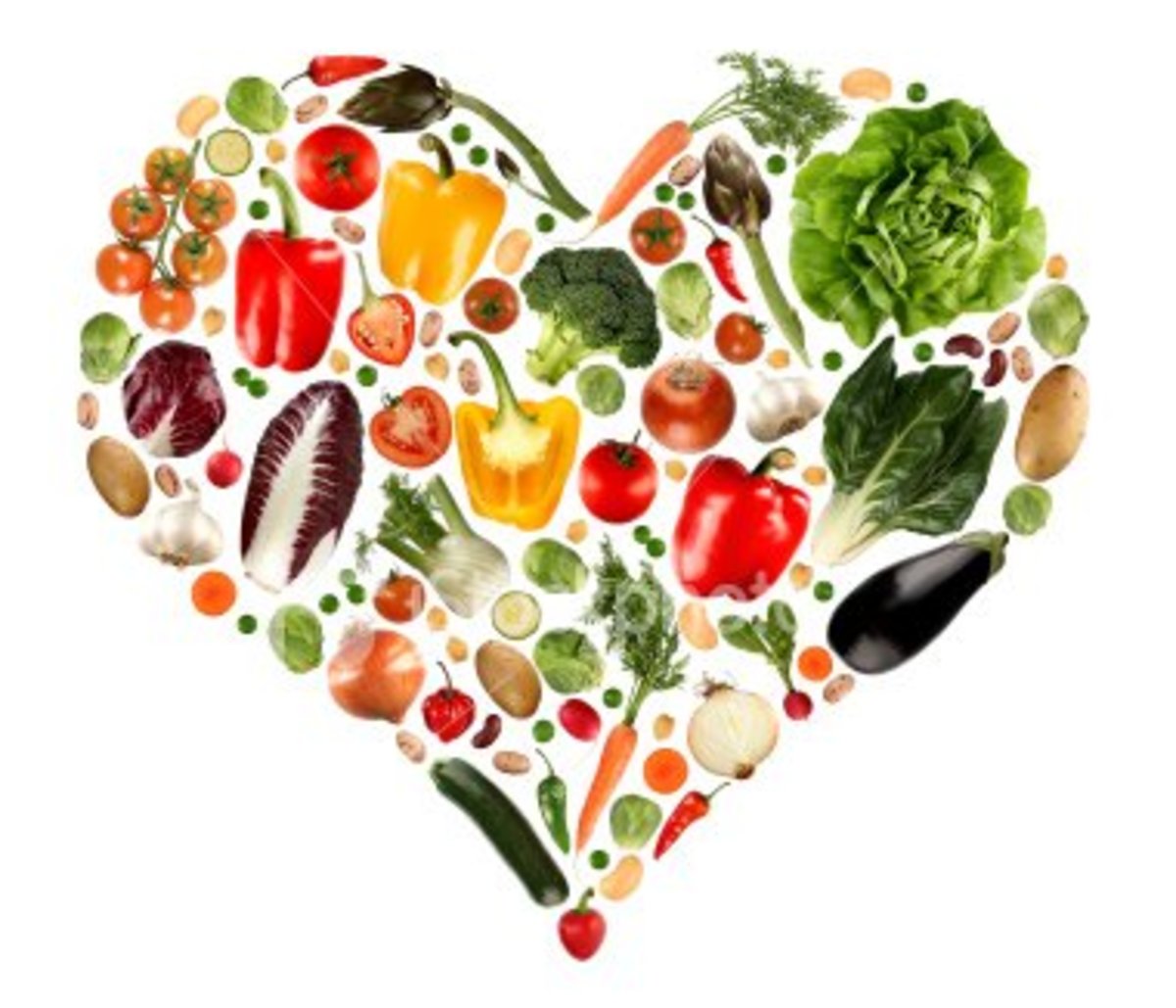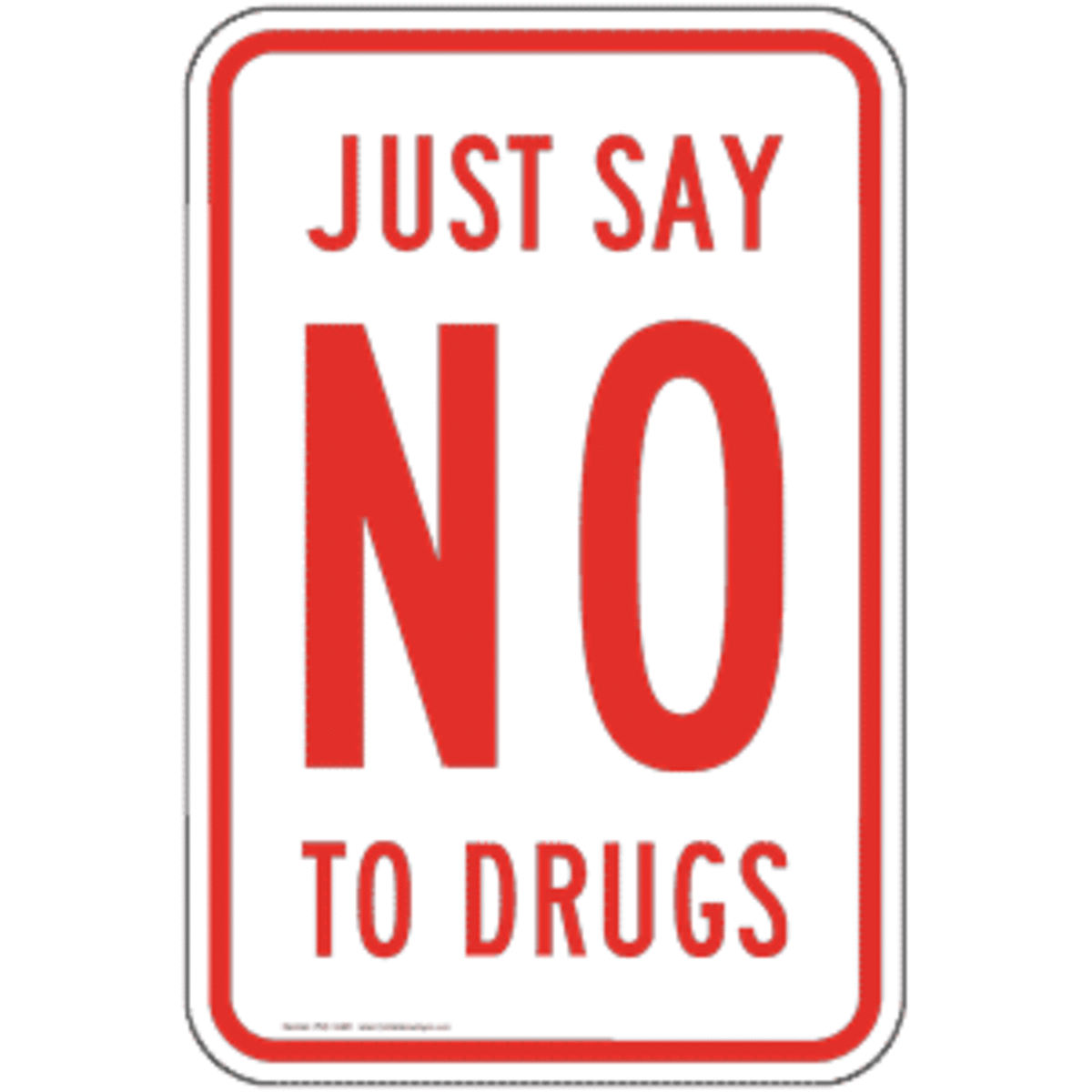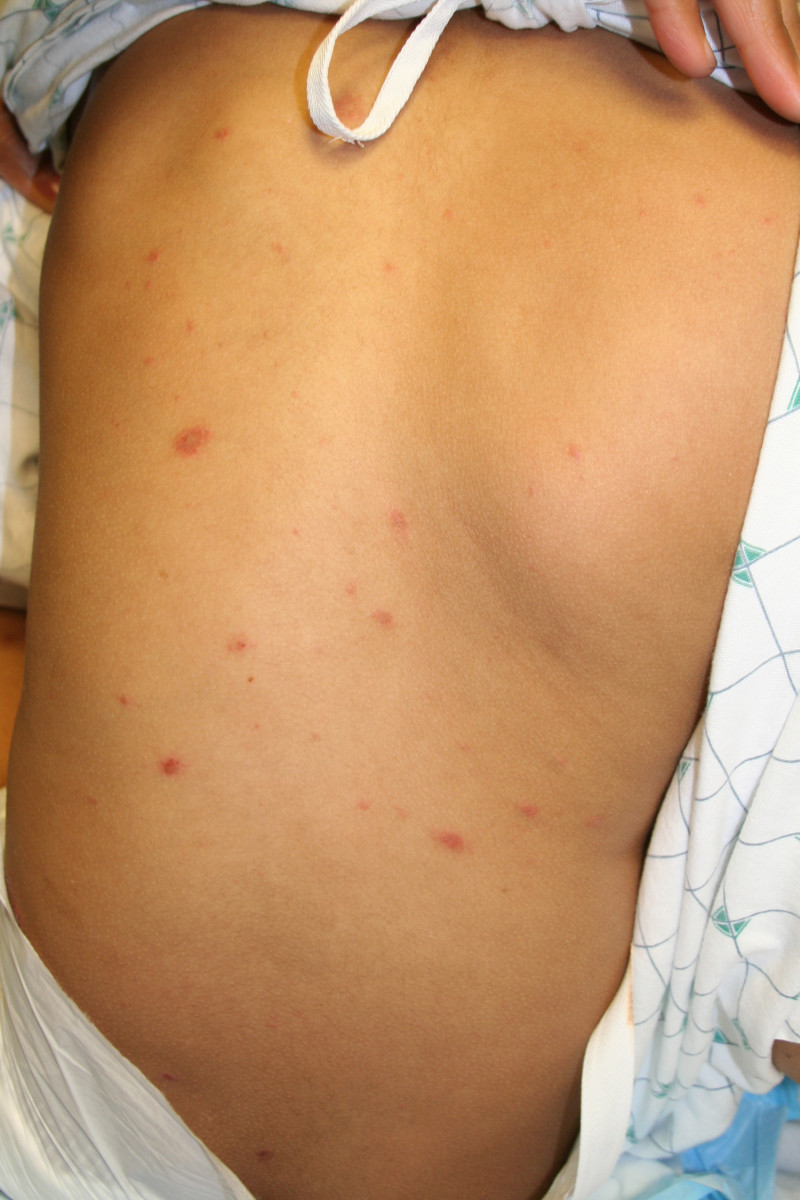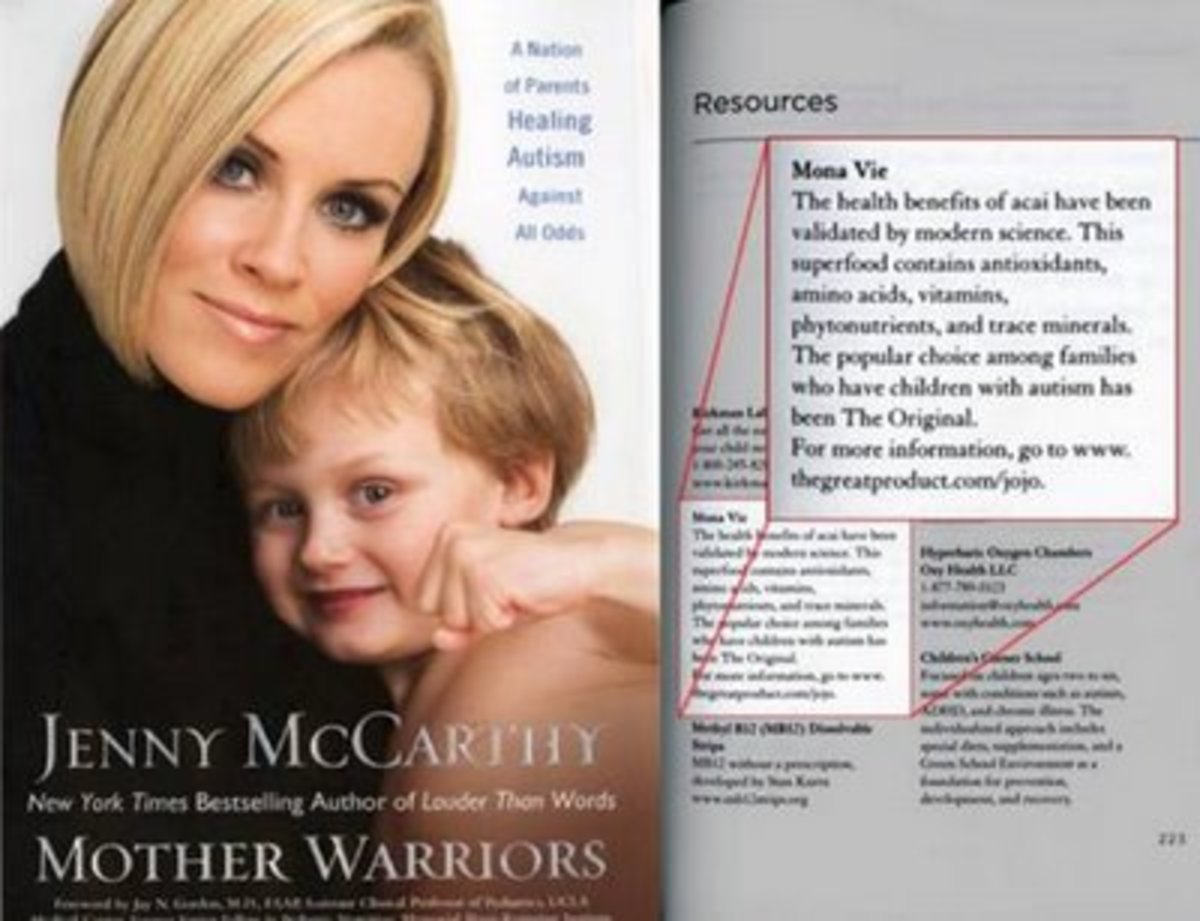ADHD Diets for Children
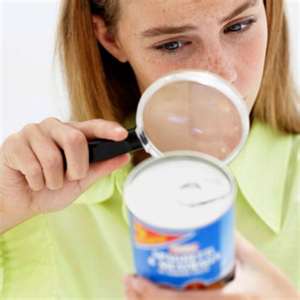
Check labels: Science has found a strong correlation between ADHD symptoms and hypersensitivities. Check labels and eliminate all artificial ingredients including preservatives, coloring and processed foods.
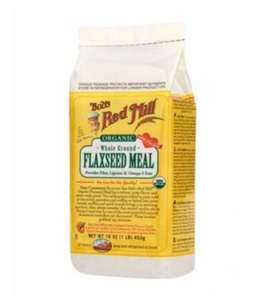
- You can include flaxseed in your daily diet by incorporating flaxseed meal in your cooking. Flaxseed meal can be purchased at your local grocery market, in the baking section.

Educating children about the benefits of water and proper hydration could save them from numerous health related problems.
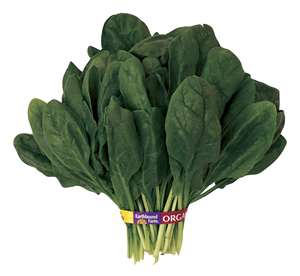
Spinach can be successfully added to almost any food, including:
- casseroles
- pizza
- spaghetti sauce
- meat loaf
- stew
- macaroni and cheese
- scrambled eggs
Attention deficit hyperactivity disorder (ADHD) is a condition in which a person has trouble paying attention and focusing on tasks, tends to act without thinking, and has trouble sitting still. It may begin in early childhood and can continue into adulthood.
When I found out that the food my son eats could be aggravating his ADHD symptoms I paid attention. I began researching certain foods, supplements and nutrition.
There are many health care experts who believe that diet does play a factor in relieving symptoms of Attention Deficit Hyperactivity Disorder (ADHD). Those experts suggest that a high protein diet may help calm ADHD symptoms.
High protein foods:
- eggs
- beans
- nuts
- cheese
- meat
Experts also recommend that simple carbohydrates, such as sweets and starchy foods, should be cut back, while adding more complex carbohydrates such as fruits and vegetables.
Complex carbohydrates:
- Potatoes
- Beans
- Carrots
- Okra
- Zucchini
- Cucumbers
- Radishes
- Asparagus
- Grapefruit
- Prunes
- Apples
- Pears
- Strawberries
- Yams
- Dill pickles
- Onions
There have also been a number of small studies that show promise for Omega 3 fatty acids as helpful in alleviating some of the symptoms of ADHD.
Foods high in omega 3 fatty acids:
- flax seeds
- walnuts
- salmon
- sardines
- soybeans
- halibut
- shrimp
- tofu, raw
- snapper
- scallops
Experts have also linked low magnesium levels and ADHD. Magnesium is essential in helping muscles in the body relax and function properly.
Foods rich in magnesium:
- oat bran
- pumpkin seeds
- chocolate
- almonds
- spinach
- halibut
- beans
- figs
- soy beans
- bananas
- artichokes
- milk
- yogurt
- tomato paste
It’s also important for children with ADHD to drink plenty of water throughout the day. If your child's body is dehydrated, the neurons in your child's brain cannot move about as quickly and easily as they should. Thinking and cognitive ability slow down, making is easy to become distracted. Experts suggest that children diagnosed with ADHD should drink seven to ten glasses of water a day.
What to avoid:
- soda
- tea containing caffeine
- fruit juices that are high in sugar
- cool aid
- processed food (try to avoid additives, preservatives artificial colors and flavors)
- artificial sweeteners
- junk food
- snacks that are high in sugar
More research is needed to determine if limiting certain foods from ones diet can prevent hyperactivity and ADHD symptoms. If you notice that a certain food causes a change in your child's behavior, you may want to try eliminating it from your child's diet to see if it makes a difference. I have personally witnessed a great improvement in my sons behavior and concentration since making healthy nutritional changes in his diet.
- ADD & ADHD Symptoms, Treatment, Signs & Medication Help – MSN Healthy Living
Get information on adult and child attention deficit hyperactivity disorder (ADHD), ADD, including news and research on medications, treatments, symptoms and diagnosis from MSN Healthy Living. - Diet for ADHD - General Overview - YouTube
Diet for ADHD. This video gives the general overview for a proper adhd diet and some examples of some foods that are not good for ADHD. It also gives example...



